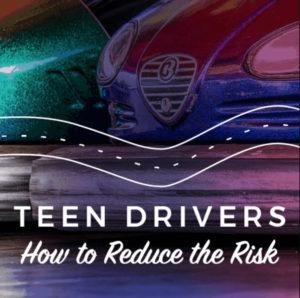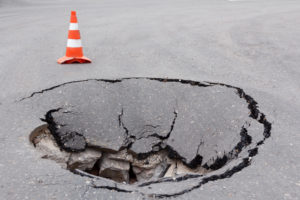
Modern cars are technological marvels, especially when compared to the automobiles of 50 years ago or more. In addition to increased comfort and stylish design, manufacturers focus on implementing features to keep drivers and passengers safe in case a collision happens.
While many of the five most important vehicle safety features are standard in new cars, it is still important to consider what a car offers as far as safety and protection go if you are in the market for a vehicle. Nothing is more important than your health and your family’s well-being. Of course, even if you drive the most technologically advanced model, you are still at risk of sustaining injuries in a serious crash.
What Are the Five Most Important Vehicle Safety Features?
Some of the essential safety features in your car – or a vehicle you may consider buying – should include:
For a free legal consultation, call 800-537-8185
Seat Belts
It may seem obvious, but seat belts are the most crucial safety feature in any car. Since 1968, seat belts have been mandatory in new vehicles sold in the United States. However, drivers and passengers do not always use or use them properly before getting on the road. According to the Insurance Institute for Highway Safety (IIHS), seat belt use is required by:
- Front-seat occupants in 49 states and the District of Columbia
- Rear seat passengers in 32 states and D.C.
- Child passengers under separate laws, including car seat laws
When using a seat belt, you should use it every time you drive or ride in a car. Adjust the shoulder height, remove all slack, and keep the shoulder belt across your chest. If your children sit in the rear-center seat, a shoulder and lap belt is better than a lap belt alone.
Airbags
According to the National Highway Traffic Safety Administration (NHTSA), airbags save lives and prevent injuries in many collisions. The NHTSA reports that frontal airbags saved more than 50,000 lives from 1987 through 2017. This is considerable, especially when you know that many new vehicles did not have airbags as the U.S. Intermodal Surface Transportation Efficiency Act of 1991 required until the 1998 model year.
The efficacy of airbags depends on the speed and nature of the crash. Typically, they help drivers and passengers avoid hitting their heads or chests on the dashboard, steering wheel, and other hard surfaces. Today, additional airbags also protect occupants from hitting the window, side trim, and other surfaces.
It is important to remember that the presence of airbags does not mean you do not need to wear a seat belt. Airbags can also harm young children sitting in the passenger seat. Never use a rear-facing car seat in the front seat unless you deactivate the airbag first.
Click to contact our personal injury lawyers today
Antilock Brake System (ABS)
Antilock brake systems prevent the car’s wheels from locking during sudden braking. This means the driver will have better control of the vehicle in an emergency. The ABS enables the driver to stop faster and avoid accidents when they may not have been able to in the past.
According to research the NHTSA published, ABS reduced the number of:
- Multi-vehicle crashes on wet roads by 24 percent
- Nonfatal crashes by 14 percent
Headrests
Many people do not put much thought into their car headrests. They may even assume a vehicle’s headrests are there just for comfort. However, these parts play a critical role in accident safety. They prevent head and neck injuries by offering a cushioned place for the back of the head to hit during a collision. They also help keep the back and neck aligned, possibly reducing the risk of neck and upper back injuries.
You must leave the head restraints in your vehicle and adjust them properly according to your height. Some newer cars will adjust head restraints automatically in the event of a crash.
Head Injury Protection
Head injury protection is a relatively new focus for vehicle manufacturers. However, they are now making efforts to use airbags and headrests in combination with other features to reduce the risk of severe head injuries. This includes placing material that absorbs energy beneath the vehicle trim, using softer finishes in vehicles, and including side-curtain airbags in the event of a side impact.
Talk to Morris Bart, LLC, Attorney About Your Gulf South Car Accident
If you were in a car accident in the Gulf South area, you can connect with the Morris Bart law firm for free today. One of our personal injury attorneys can meet with you to discuss your case and determine if you may have a valid claim for compensation to cover your medical expenses, lost wages, car repairs, and more.
We represent clients in Louisiana, Mississippi, Alabama, and Arkansas. Call (800) 537-8185 to learn more about your rights and legal options with a lawyer from our team today.
Questions?Call 800-537-8185
to find a Morris Bart office near you.





